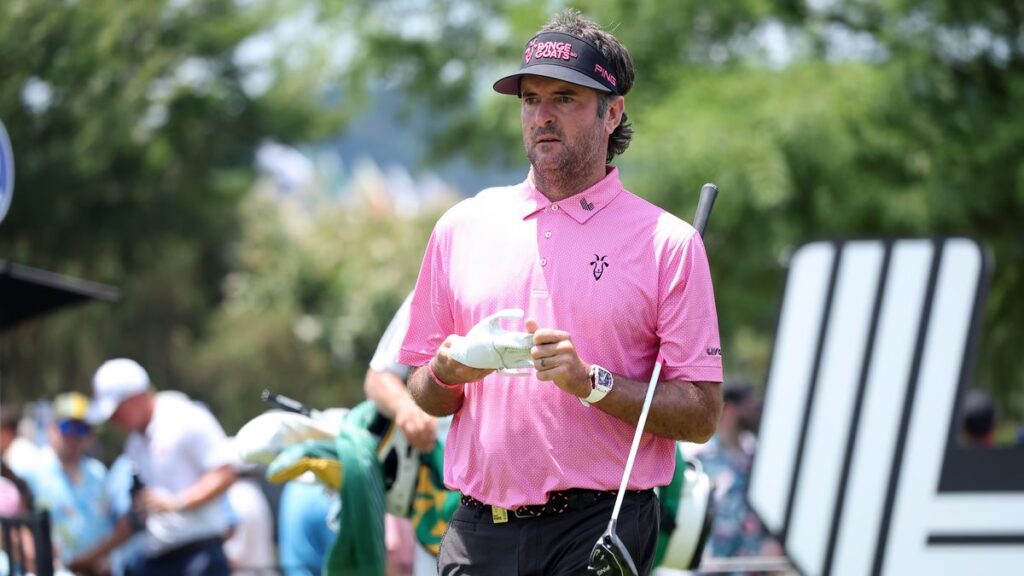LIV Golf’s relegation system has faced scrutiny after Bubba Watson and Branden Grace were kept on for the 2025 season despite finishing in the ‘Drop Zone’ in the previous campaign. This decision has sparked discussions on whether LIV Golf should do away with the relegation system altogether. Watson, a two-time Masters champion, and Grace, who was re-signed by Louis Oosthuizen, have been given another chance in the league despite their poor performance.
Some argue that relegation is a fundamental aspect of sports and should be enforced to maintain the integrity of the competition. However, it is important for LIV Golf to ensure that penalties are imposed on players who finish in the drop zone to uphold the fairness of the system. This would add stakes to the season and make the product more engaging for fans. By holding players accountable for their performance, LIV Golf can create a more competitive and meaningful environment within the league.
On the other hand, some critics believe that relegation in LIV Golf is not being implemented effectively. The decision to reinstate Watson and Grace after their relegation raises questions about the legitimacy of the system. It has been suggested that relegation and promotion in LIV Golf may have been primarily driven by the quest for world ranking points, which has since lost its importance. As a result, the relevance of relegation in the league comes into question, especially when players who are relegated end up returning the following season.
The debate on whether LIV Golf should abolish relegation also depends on the league’s identity and goals. LIV Golf must decide whether it wants to be perceived as an invitational entertainment show or a competitive sporting competition. While promotion and relegation add a competitive element to the league, the current system has been criticized for lacking a true sense of jeopardy. The potential return of relegated players undermines the credibility of the system and raises doubts about its effectiveness in maintaining a competitive and fair playing field.
In light of recent events, such as two out of four relegated players being reinstated for the 2025 season, some believe that LIV Golf should reconsider its approach to relegation. The lack of consistency in enforcing relegation can lead to criticism and diminish the league’s reputation as a serious competition. Additionally, the changing dynamics of promotion and relegation, such as the reduced number of promotion spots, highlight the uncertainties faced by the league in determining its player roster for the following season.
An alternative suggestion for LIV Golf’s player management could be shifting towards a contract-based system. By offering players one-year deals and evaluating their performance at the end of each season, LIV Golf can make informed decisions on renewing or releasing players based on their contributions to the league. This approach could provide more stability and control over the player roster, while also allowing for flexibility in adapting to the evolving needs of the league.
In conclusion, the discussion surrounding LIV Golf’s relegation system reflects the complexities faced by the league in balancing competition, entertainment, and commercial interests. While some argue in favor of maintaining relegation to uphold the competitive nature of the league, others question the effectiveness and fairness of the current system. Ultimately, the decision on whether LIV Golf should do away with relegation will require careful consideration of its goals, values, and commitment to creating a compelling and sustainable golfing experience for players and fans alike.
